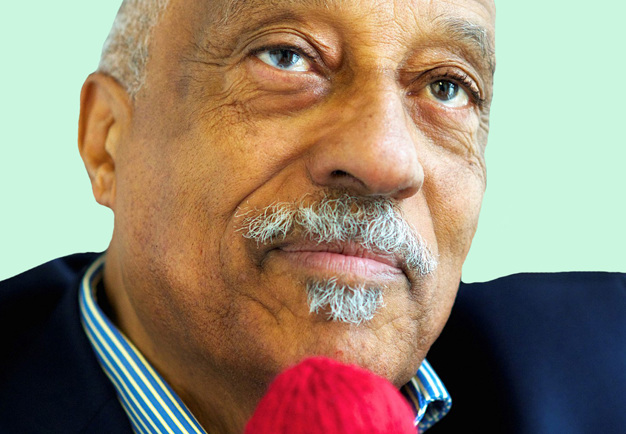
Mulatu Astatke
Long-awaited return of the father of Ethio-jazz
Mulatu Astatke is without hesitation the most important and best-known advocate for Ethio-jazz – a branch of jazz that includes elements of traditional Ethiopian music. He is one of the great musical innovators and composers of our time, and has long been considered the father of Ethio-jazz.
In his twenties, Mulatu Astatke travelled from his home country of Ethiopia to Wales with intentions of becoming an engineer. But he soon changed both subjects and continents, and instead studied music in London and New York, becoming the first African musician to graduate from Berklee College of Music in Boston.
Astatke’s unique sound is created by crossing western harmonies with scales that are characteristic of the Ethiopian music tradition. When he moved to New York, he continued to develop his musical style through inspiration from jazz and Latin American rhythms. In the late sixties, Astatke recorded three albums in the US with Puerto Rican musicians; today, these albums are regularly sampled and hotly coveted items among record collectors.
He returned to Addis Abeba with unique familiarity with American jazz, which resulted not only in several now legendary solo albums, but also in a music scene in Ethiopia that was brand new at the time. Starting with Mulatu as an iconic figure, in the early seventies, western funk and jazz were paired with East African melodies – and Ethio-jazz was born.
Mulatu Astatke continuously tours today, performing Ethio-jazz all over the world to sold-out concert venues. At this year’s Selam Festival, he makes a long-awaited return to Konserthuset Stockholm.
-
The music
Approximate times -
Programme is missing
-
Participants
- Mulatu Astatke vibraphone/wurlitzer piano/percussion
- James Arben saxophone/flute/bass clarinet
- Byron Wallen trumpet
- Ben Trigg cello
- Alexander Hawkins piano/keyboard
- John Edwards double bass
- Jon Scott drums
- Richard Olatunde Baker percussion
